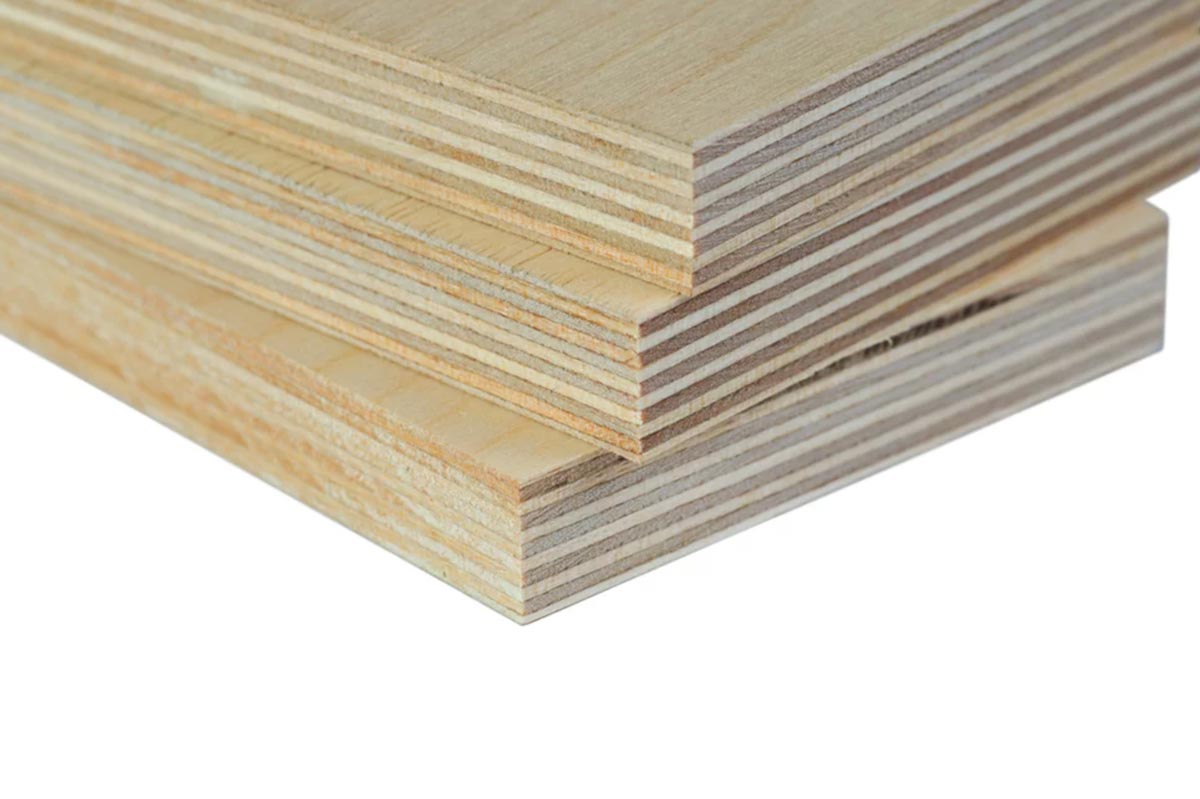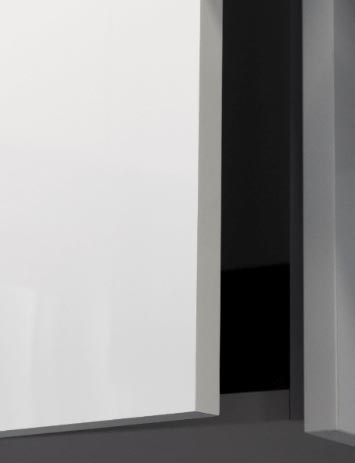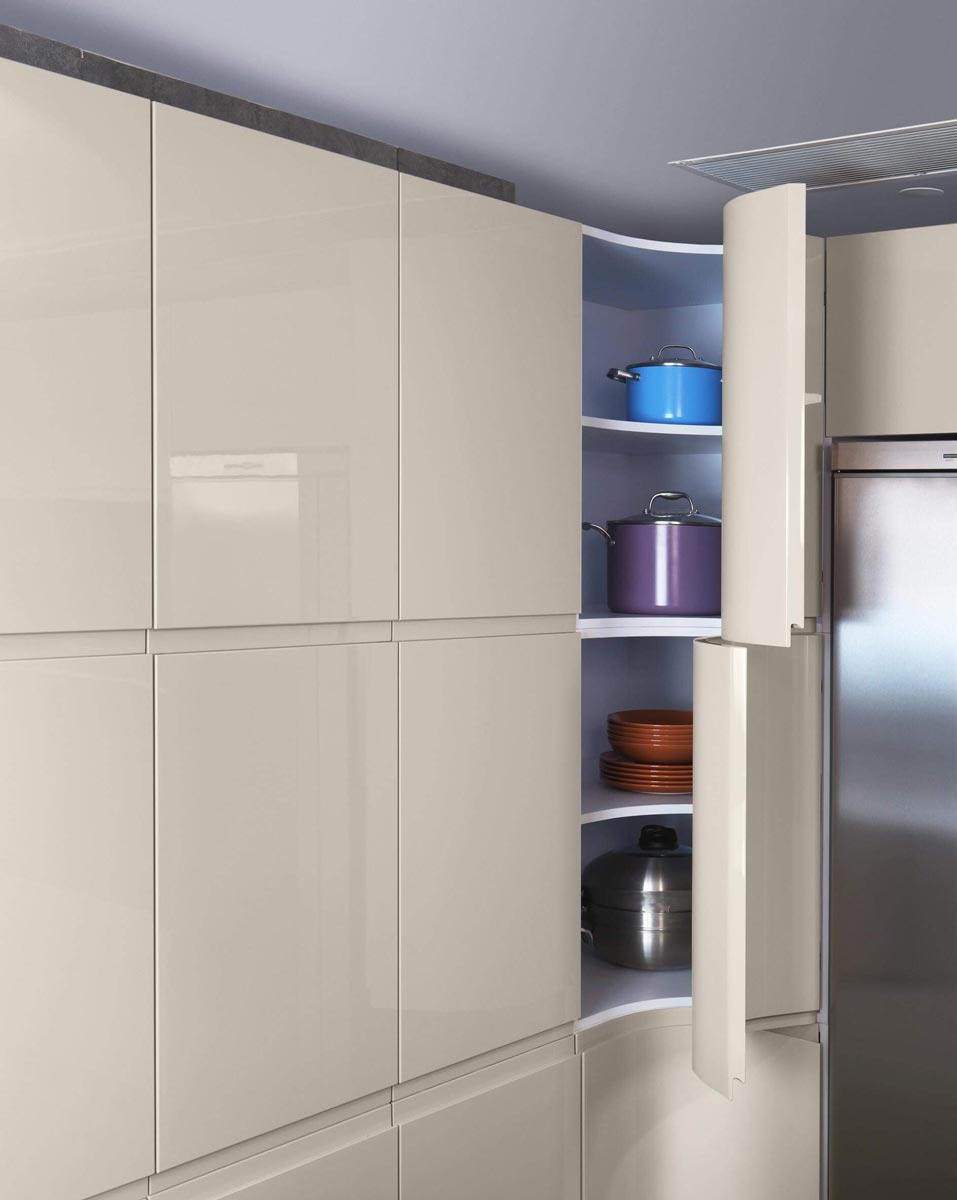How to choose the right kitchen cabinet door and panel

More and more people are cooking at home recently due to the pandemic. But have you ever wondered that the kitchen cabinet seemed not very handy? As the weather in Singapore is humid, the cabinet door may bend and get mouldy when they are used for a long time.
Kitchen cabinets are an important part of the kitchen and we must be careful when selecting the right materials. There are various kinds of panels and finishes for kitchen cabinets. We need to understand the characteristics of various materials in order to choose the right kitchen cabinet that suits your needs.

The humid weather in Singapore can easily cause the surface of the door panel to get damp, causing the inner cage of the cabinet to expand and bend. Therefore, we need to choose materials with high moisture resistance and strong bearing capacity.
Medium-density fibreboard is a type of engineered wood product that is made of different wood fibres at high temperature and pressure. It has a medium bearing capacity, and it is an ideal material for making furniture. The biggest advantage of it is that the surface and edges are smooth and can be matched with different finishes. If you want to match exquisitely carved fabrics, fibreboard is the most suitable choice.

Plywood is commonly used in making kitchen cabinet. Plywood is made of multiple layers of wood, which has a strong bearing capacity, good moisture-proof effect and is not easy to deform. Plywood is mainly divided into three layers, five layers and seven layers.
The more the interlayers, the higher the hardness and load-bearing capacity. Seven-layer plywood is most suitable for making a kitchen cabinet. And it can achieve better results when combined with a rubber plate finish.

Kitchen cabinet is an important part of the kitchen which occupies a large area. Therefore, we need to pay attention when choosing the finish. In addition to affecting the appearance, the characteristics of the finish also affect the durability of the kitchen cabinet.
The colour of the acrylic board is brighter and more vivid than other finishes, and its texture is close to the glass that can bring out a fashionable kitchen. Acrylic board has high hardness, good toughness and is not easy to break.
Because the acrylic board is relatively thick, the colour can still be retained even if it is slightly scratched. Its stain resistance ability is also very good as it has a certain degree of resistance to general acids and alkalis.

Baking paint is also rich in colour options and has matte and glossy effects. Its surface is polished for many times. Thus, it is not easy to fade and fall off. It has good moisture and water resistance. It is easy to clean, but the wear resistance is just average. Therefore, it needs careful maintenance. It is the best to match with fiberboard.

Veneer is a common kitchen cabinet finish, which is a thin veneer made of real wood. It has delicate colour, natural, soft and warm texture, so it is very popular among users. However, veneer is expensive, easy to scratch, and you need to be careful when choosing the veneer to avoid inconsistent pattern.

Fire-resistant rubber sheets are generally mounted on the surface of the fibreboard. It has fire resistance function, so it is very suitable for kitchen cabinet. The price of fire-resistant rubber sheet is relatively affordable, but you need to pay attention to the treatment of edge sealing or finishing, otherwise, the corners may appear black and affect the appearance.
FENIX material contains nanotechnology that can resist fingerprints and can repair minor scratches when exposed to heat. It is beautiful and durable, easy to clean, and more importantly, this finish has the antibacterial function, which is very suitable for kitchen use.

Decoman, now going global as Deco-Man, is a Hong Kong-based renovation platform which provides professional consultancy services and pioneers in the development of A.I. homeowner-engineer matching.
We aim at educating the public about the art of home renovation and have our eyes on transforming the traditional renovation industry, bringing standardisation, transparency, convenience and automation to the business.
This article was first published in Renonation.